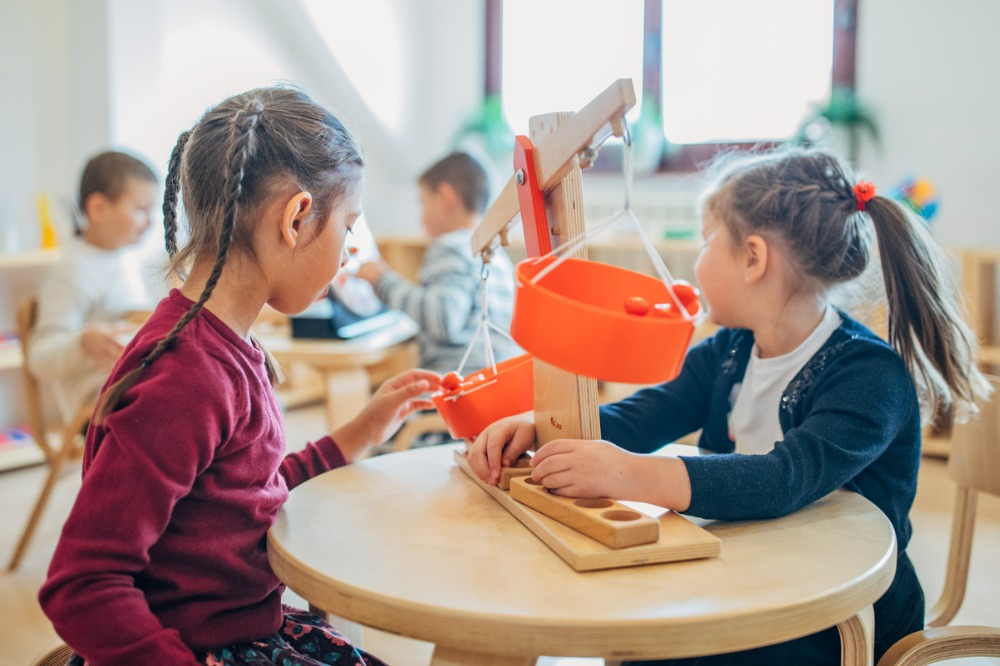
Three New South Wales public schools are redefining the classroom experience through play-based learning. Their innovative approaches have earned them recognition as finalists in the Sydney Opera House’s inaugural Play Award.
Lindfield Learning Village, Granville East Public School, and Middle Harbour Public School have blurred the lines between work and play, embracing an investigative learning approach that has garnered recognition and enthusiasm.
Granville East Public School’s strong play-based learning program, known as “Learning Centres,” runs from kindergarten to year 2. Each week, students engage in 4-6 hours of teacher-facilitated play. This approach has significantly impacted the school community. According to the school’s administration, K-2 students demonstrate improved social interactions, sharing, turn-taking, appropriate language use, and conflict resolution. The program extends into grades 3-6 with “Big Kid Play,” fostering developmentally appropriate skills and improving literacy, including reading, oral language, and vocabulary.
“Students are more willing to read, write, and create when they are learning through play. That is because their learning is really authentic to them,” said a Granville East Public School assistant principal.
Middle Harbour Public School has also seen a significant impact from this method. Principal Laura Barry noted that integrating play with learning is a key reason students eagerly attend school each day. “One of the greatest outcomes of our play-based learning program is the joy and engagement it brings to learner’s learning and teacher’s teaching,” she said.
Assistant principal Jennifer Osborn, who spearheads the play-based approach at the school, emphasized the shift in mindset among teachers and parents since the introduction of play-based learning. “Play is now recognized as the ‘work’ in the classroom,” she said.
This learning style, rooted in research through the Early Life Foundation in 2008, allows students to engage deeply with the material. They practice skills and knowledge, choose tools, solve problems, and reflect on their learning experiences. Learning spaces are designed to foster deeper learning through investigation, inviting students into an environment where play underpins every activity.
Lindfield Learning Village has made significant efforts to embed a culture of play. The school’s vision statement, “Be playful, creative, and brave,” has come to life through what they call “playventure.” Educators, given permission to be playful, have embraced this pedagogy.
“The culture fostered an environment where I felt confident to make such a leap, and it had such a positive impact on participation and engagement,” said an educator at Lindfield Learning Village.
The Play Award aims to recognize a school, learning program, class, or individual who has made a significant and lasting contribution to play in learning. The achievements of these three schools highlight the transformative power of play in education, demonstrating how it can lead to enthusiastic and engaged learners.


